In 1984, Peter Enahoro [alias Peter Pan] began his obituary in Africa Now magazine on the death of Guinean President Ahmad Sekou Toure by disagreeing with Mark Anthony’s statement in Shakespeare’s novel Julius Caesar. Anthony had said, “The evilthat men do lives after them; the good is oft interred with their bones.” Dammit, said Peter Pan, it is the other way round; people bury the sins when a man dies and remember only the good deeds. He said so because he was going to unearth some of Toure’s sins, including the death in detention of the eminent Guinean diplomat Diallo Telli, second Secretary General of the Organisation of African Unity [OAU, today known as African Union, AU].
With the passing last week of President Muhammadu Buhari, cumulatively the second longest person to rule this country both as a military ruler and later as a two-term civilian president, there was ample room for both adherents of Mark Anthony’s and of Peter Pan’s approaches to comment on his very long public service career. Which one is preferable? Maybe we should use the wisdom of the small boy who was sent to deliver a money gift to a cleric. Now, in the North, a gift should be rewarded with tukuici, a small token for the person who brought it. In the North too, clerics are stereotypically greedy. This clergyman, after collecting the gift, put the bearer in a difficult position by asking, “Should I give you tukuici or should I pray for you?” The boy preferred the money, but one cannot reject prayer, so hesaid, “Please mix the two for me.”
What are the mourners, admirers, critics and commentators all saying? Buhari earned many epithets during the years of his two-part rule, in-between, and afterwards. Those epithets summarized people’s views of him and his rulership record. There were the unchanging epithets for life, including that he was tall, gangling, light skinned, ramrod stiff, too serious, hardly smiling, Spartan, not interested in wealth, suspicious of many people and of many institutions including politicians, civil servants, economists, legislators, businessmen, Western governments, trade unionists, journalists, civil society types and prominent clerics.
During his military rulership days, Buhari earned many epithets.Such as Patriotic; he said “this and future generations of Nigerians have no other country but Nigeria. We must stay here and salvage it together.” Tough; his Administration hauled into detention hundreds of politicians and businessmen, in facteveryone who was suspected of abusing security votes, contract awards or import licenses during the four years of the Second Republic. No nonsense; because his Special Military Tribunals, each headed by an Army General, handed down sentences of up to 300 years to convicted persons.
Draconian; because Buhari promulgated rapid-fire decrees including the Constitution [Suspension and Modification] decree 1 of 1984; State Security [Detention of Persons] Decree 2;Public Officers [Protection Against False Accusation] Decree 4[and its notorious clause, “any story that is false in any material particular and/or embarrassing to the Federal Military Government”]; Banking [Freezing of Assets] decree 6; Federal Military Government [Supremacy and Enforcement of Powers] decree 13; and Special Military Tribunal [Miscellaneous Offences] Decree 20 of 1984, which provided tough punishmentfor everything from tampering with NEPA and NITEL cables to exam malpractice to hard drug pushing.
One newspaper gave Buhari and Idiagbon the epithet Deaf Duo, because they ignored NBA’s restraint and backdated decrees, including to provide capital punishment for cocaine pushers. He got the epithet Dictator; War Against Indiscipline [WAI] was so tough because the youthful WAI Brigades flogged street hawkers, those who urinated in the open and bus drivers who overloaded their vehicles. Super Patriot; because Buhari made every Nigerian to hoist the national flag on his house. Later on, Idiagbon warned that flags should not be hoisted “come rain, come shine,” but must be hauled up at 6am every morning and brought down at 6pm, as is done in military barracks. Unbending; because in May 1984, Idiagbon suddenly appeared on NTA at 7pm, announced the closure of all borders and an immediate change in currency. It was done so secretly that even members of the Supreme Military Council did not know about it, because the wife of one them was caught up with a lot of old money at his Kaduna ranch. Cruel; Buhari’s regime got General T Y Danjuma to hire Israeli secret agents to steal Alhaji Umaru Dikko from London streets and bundle him into a crate to be smuggled to Nigeria.
Buhari’s military-era cabinet was of high quality, but ministers trembled when they were about to be appointed. Chike Ofodile, who became Buhari’s powerful Attorney General and Minister of Justice, said he was sitting in his Onitsha office two days after the coup when soldiers arrived in a Land rover. While his office staff and family members wailed, Offodile was whisked away to Enugu, hauled into a plane and taken straight to Dodan Barracks in Lagos where, to his amazement, he was appointed Attorney General. He then asked for permission to phone his wife and tell her to stop crying.
Brooked no dissent; when the revered Sheikh Abubakar Gummi criticized the execution of cocaine pushers in 1985, Buhari went to the Armed Forces Command and Staff College at Jaji and warned clerics to hands off government matters or else. At the end of that month, the former Grand Khadi of Northern Nigeria learnt that his pension was stopped.
Sudden fall; the day after Eid el-Kabir in August 1985, Buhari/Idiagbon regime was suddenly overthrown in a coup. He was clamped in detention for the next three years, while Idiagbon, who was in Saudi Arabia, promptly returned home and was detained. They soon earned the epithet Clean Hands; all over Africa when a government was overthrown, the first accusation against it was of corruption. Throughout the years of Buhari and Idiagbon detention, no corruption allegations were levelled against them. Instead they were accused of human rights abuses; then Deputy Inspector General of Police Muhammadu Gambo went and threw open the gates of NSO cells, and we saw white-collar criminal suspects crammed in cells. Not many Nigerians sympathized with them.
For six years after his release from detention, Buhari lived a quiet life in Kaduna, mostly off the public eye, only attending social events in the houses of his close associates. Until General Sani Abacha increased fuel prices in 1995, instituted the most transparent use of the proceeds by channeling them into a Petroleum Trust Fund [PTF] with Buhari as Chairman, to be directly invested in infrastructure. Buhari earned the epithet Truthful in that role, but others gave him the epithet Lopsided, saying some parts of the country benefited more than others.
All over the North, Buhari’s military rule and PTF records earned him the epithet Mai Gaskiya, i.e. the honest one. Buoyed by it, Buhari suddenly waded into party politics in 2002 and joined, not the ruling PDP but the opposition ANPP. Huge crowds of youths mobbed him when he appeared at social events in Northern cities. He acquired another epithet, Shelltox Maganin Kwari, i.e. insecticide that kills roaches and mosquitoes. While the youth and down-trodden adored him, top Northern politicians, businessmen, traditional rulers and clerics were all wary of him.
A political cult soon evolved around Buhari. He got the epithet Perennial because he contested for the presidency five times, in 2003, 2007, 2011, 2015 and 2019, on the platforms of ANPP, CPC and APC, the first three unsuccessfully. Buhari’s political cult became the most potent in Nigeria since the First Republic. In 2011 he won 12 states outright in presidential elections, but he lost to President Goodluck Jonathan. In 2015, having joined with others to craft the APC mega opposition alliance, Buhari got the epithet Comeback Kid when he became the first person in Nigeria’s history, and one of only few in Africa, to defeat a sitting president in elections. Man with the Longest Coattails,because numerous people grabbed it and rode to governorship and legislative positions in 2015.
Baba Go Slow; because Buhari’s presidency got off to a slow start in 2015. It took him months to make key appointments, including of ministers. He however answered the epithet by saying, “Those who were going fast, where did they go to?” A more enduring epithet was Cabalism, that he was surrounded by a cabal of close friends and aides. Remarkably, his former Chief of Staff Prof Ibrahim Gambari lent credence to the charge last week when he said cabal members by-passed him and sent memos to Buhari.
Spartan; Buhari dressed simply, was averse to opulence, and was never accused of a corrupt deed. He was accused of lopsided appointments; he fought National Assembly over budget padding; some Northern youths called him Yawale because he was said to love foreign travel; he had long bouts of illness; age was telling on him; he grappled with tough decisions such as oil subsidy which he replaced with Under Recovery; heallowed slight naira devaluation because states could not pay salaries; he rarely changed ministers or military service chiefs; he suffered the misfortune of economic recession and Covid-19 under his watch; he threw out mercenaries that Jonathan regime hired; he succeeded in degrading Boko Haram, only to see kidnapping and banditry explode in the North West; he approved a very ill-advised last minute currency change. Post presidency, Buhari’s popularity had considerably waned and his political cult was virtually dissolved. His death in London and the burialin Daura, in which the Federal Government, Katsina State government and the community pulled all stops, however evoked national emotions and sympathies.
Anyway, to all those opposition politicians, former detainees and media commentators who have spent decades heaping negative epithets on Muhammadu Buhari, remember what Richard Nixon told reporters in 1962. Nixon lost the presidential election to John Kennedy in 1960. Two years later, against the advice of his aides, he ran for Governor of California and lost. Nixon felt the news media played a big role in his defeat. When he emerged from his campaign headquarters, dozens of newsmen werewaiting. He said, “Gentlemen, I have news for you. I have retired from politics. You will not have Richard Nixon to kick around anymore.”
I imagine Muhammadu Buhari telling Nigerian newsmen, “I have news for you. I have passed away peacefully. Pray for me if you want to, but you will not have Muhammadu Buhari to kick around anymore.”



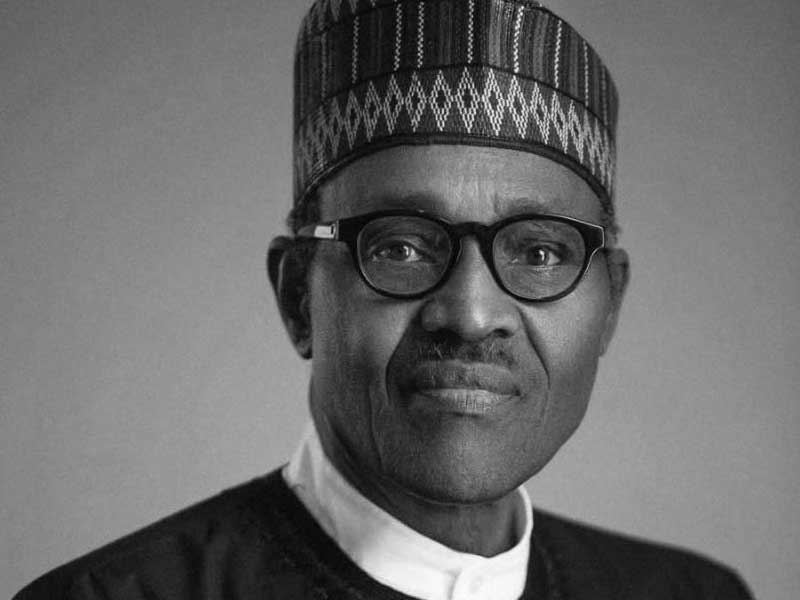
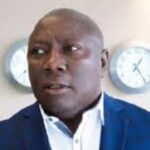
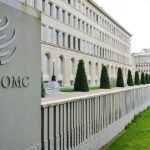



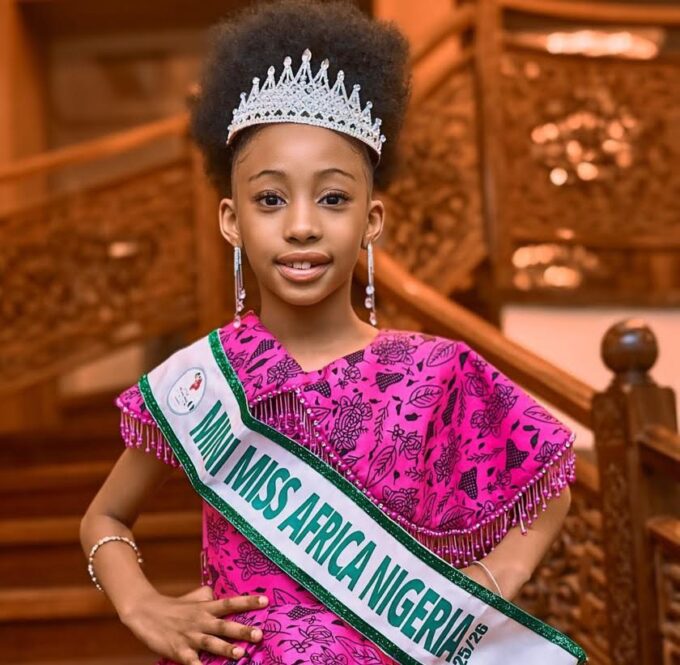
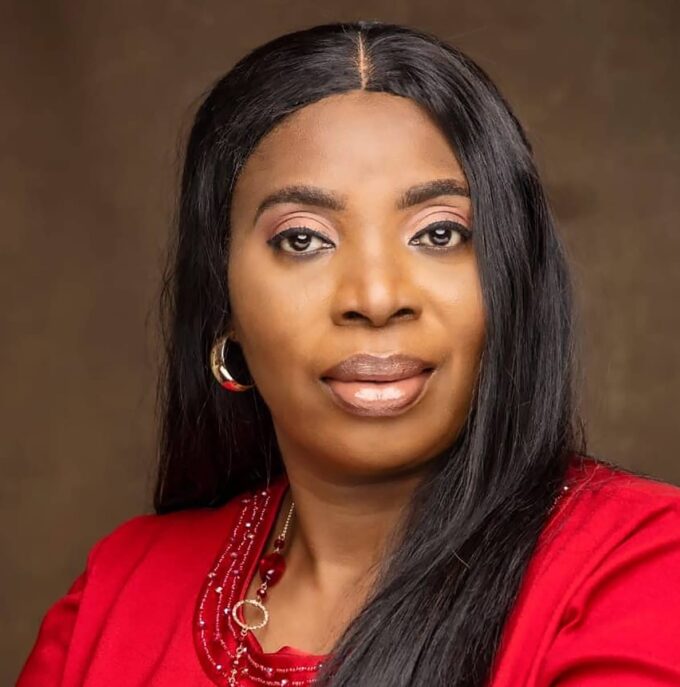
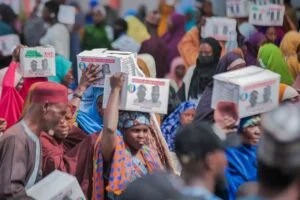



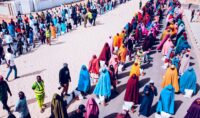
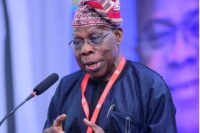
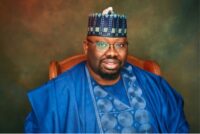
Leave a comment